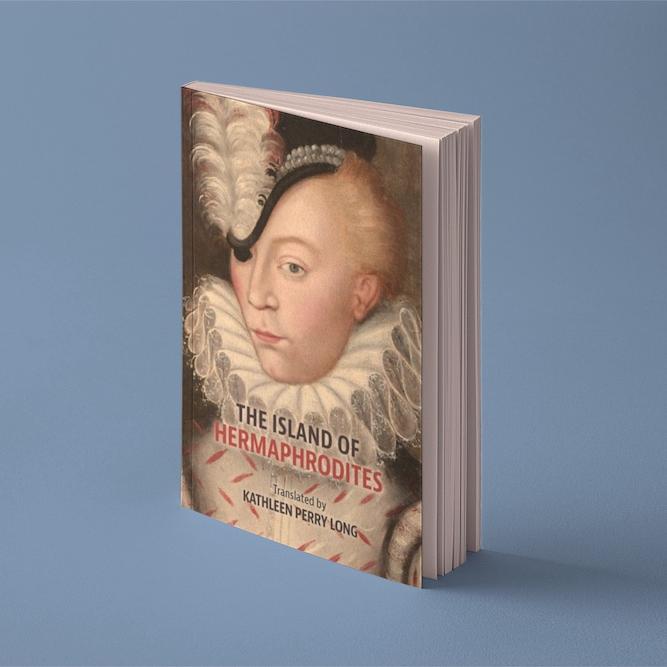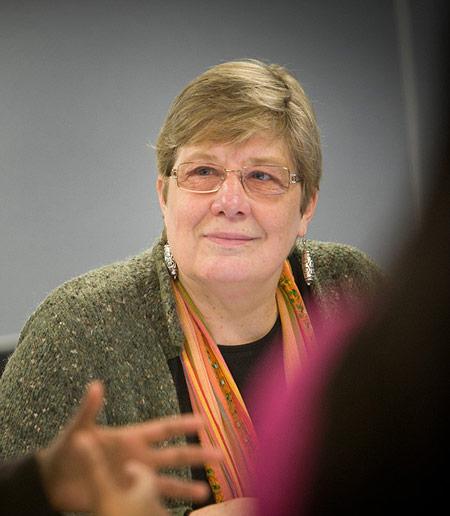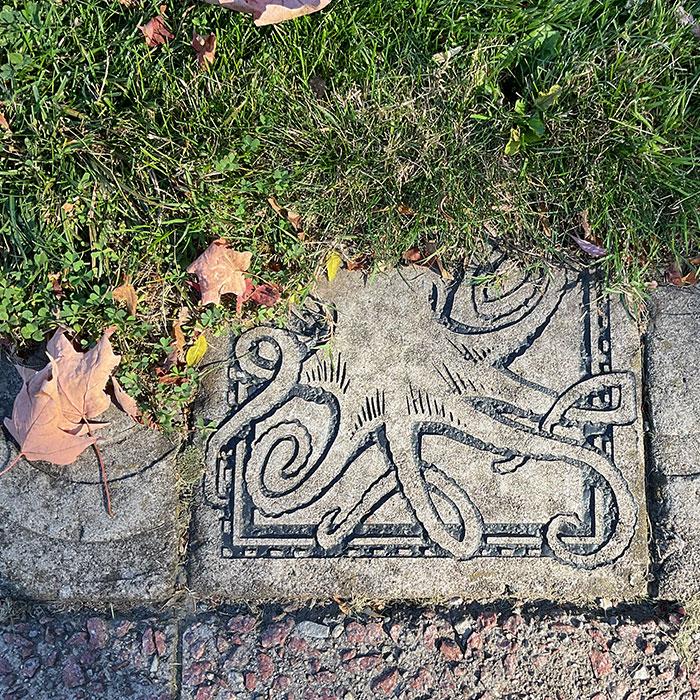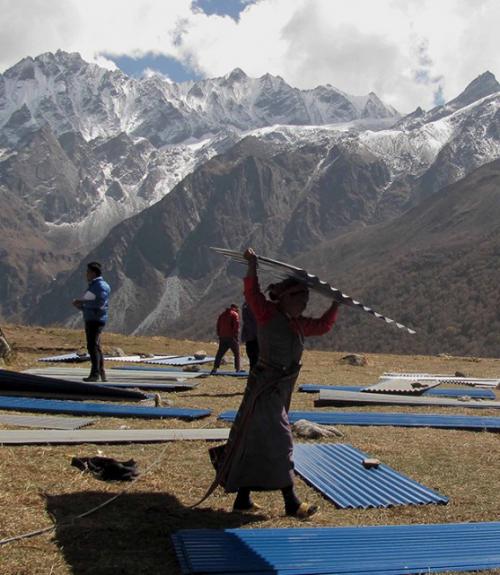Seasoned documents and artifacts are starting fresh digital lives through the Grants Program for Digital Collections in Arts and Sciences, which is funding seven projects this year. Launched in 2010, the program supports faculty members and graduate students in creating online collections vital for their own and for general scholarship.
The program brings together the subject-matter savvy of grants recipients and the tech expertise of Cornell University Library’s Digital Consulting and Production Services (DCAPS).
“Each project is a close collaboration between faculty and graduate students and the experts in the library to ensure that it represents a meaningful contribution to a collective body of knowledge,” said Dianne Dietrich, digital projects librarian and DCAPS coordinator.
She added: “The library builds its digital collections carefully and methodically to ensure they persist for future generations of researchers and scholars. Every choice matters – including digitization and format specifications, metadata creation, repository architecture and intellectual property considerations.”
Chosen from 15 applications this year, the multi-disciplinary projects are:
- Creating an online collection of publications by Akwe:kon Press, run by Cornell’s American Indian Program (now the American Indian and Indigenous Studies Program or AIISP) from 1984 to 2002. Jolene Rickard (history of art, AIISP) leads the project in collaboration with Urszula Piasta-Mansfield (AIISP) to disseminate and promote Native American and indigenous voices and perspectives within and beyond academia.
- Digitizing materials about dynamical systems from the collection of mathematics professor John H. Hubbard, who also leads the project in collaboration with Beverly H. West (retired senior lecturer in mathematics), to capture a slice of university history and to expand online resources for teaching and research.
- Creating a digital collection of plans, maps and photographs of excavations at the Maroni Complex in Cyprus, led by Georgia Andreou in collaboration with Sturt Manning (both in classics), to support the study of urbanization and of agrarian, maritime and international economics.
- Making a digital archive to help preserve the culture and heritage of the Langtang community in Nepal that was devastated by an avalanche in 2015. Led by Austin Lord, doctoral candidate in the field of anthropology, the project will supplement related collections in Nepal and contribute to understanding trauma and resilience.
- Digitizing the nuclear fallout shelter collection, led by Ji Hyun Lee, doctoral candidate in English, featuring U.S. government pamphlets, booklets and newsletters published between 1959 and 1961, for the study of American history, the Cold War, apocalyptic fiction and survivalist culture.
- Creating an online collection of photographs and travel journals of Hedda Morrison, who lived for 20 years in northwestern Malaysia and documented the Penan people. Led by Kaja McGowan (history of art) in collaboration with Shorna Allred (natural resources), the project gathers and preserves the ecological and cultural knowledge of the Penan while stimulating further research.
- Digitizing postcards of European cross-dressers, from the 1880s to the 1920s, led by Durba Ghosh (history and feminist, gender and sexuality studies), to help provide insights for gender and sexuality studies, performance studies, language and literature. Collaborators include Leslie Adelson (German studies); Mitchell Greenberg (Romance studies); Tamara Loos (history); Brenda Marston (Cornell University Library) and Kristin Roebuck (history).
“All these projects show that digital material and innovative digital tools are now part and parcel of teaching and research,” said Eric Rebillard, co-chair of the Arts and Sciences Visual Resources Advisory Group, which selects the awardees.
Tre Berney, DCAPS director, added: “Over the years, the Arts and Sciences program has given faculty and graduate researchers direct influence on the visual collections created and made available at the library. It’s a productive relationship and a solid example of how the library supports digital scholarship.”
Read more about the 2018 projects.
This story also appeared in the Cornell Chronicle.





